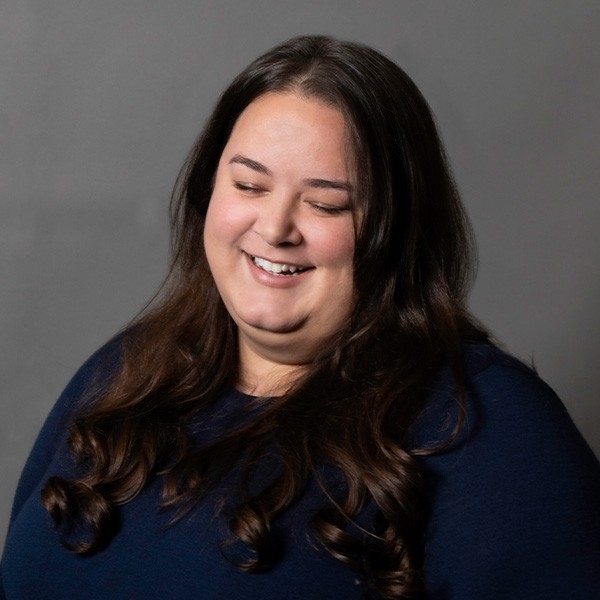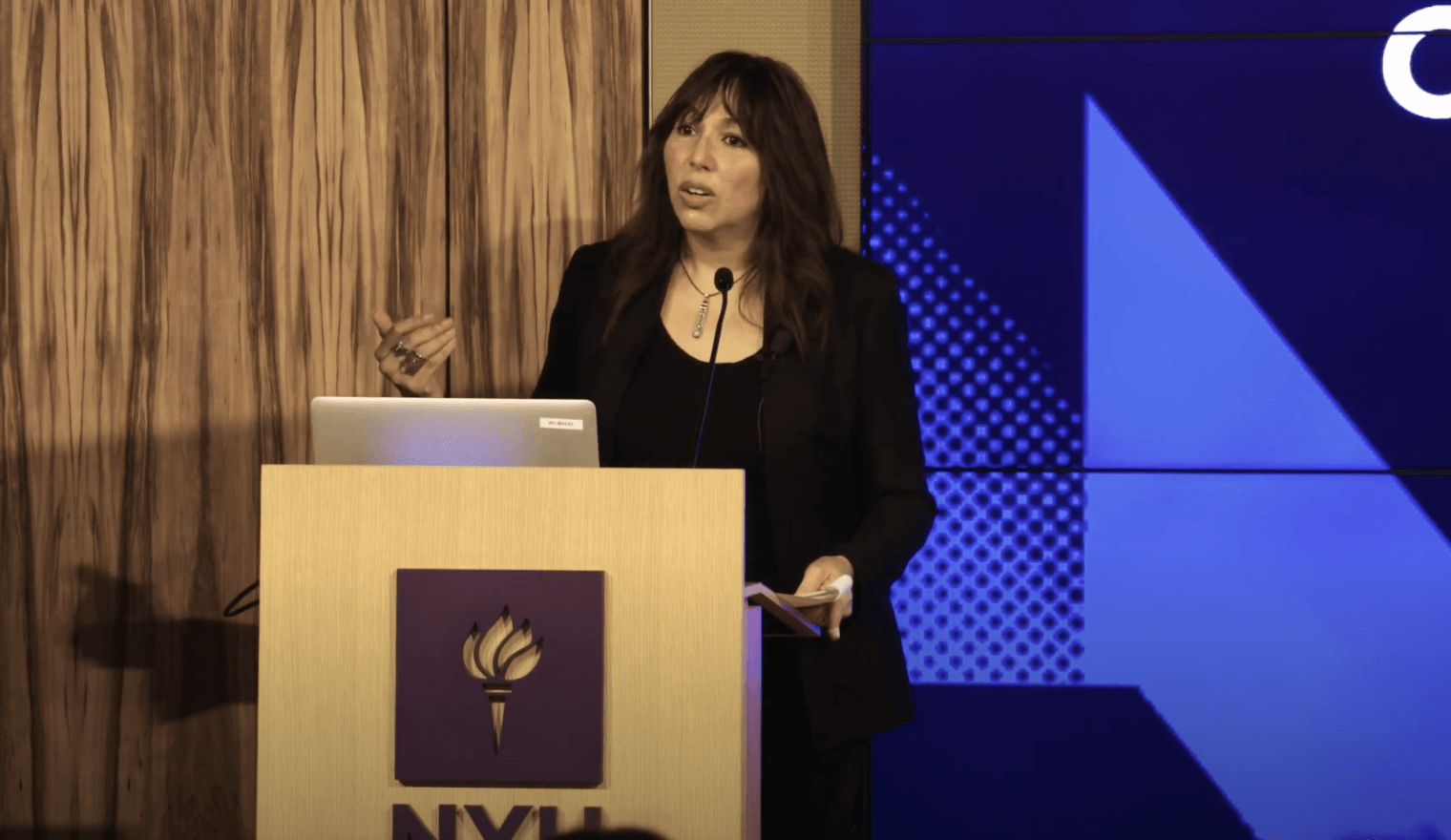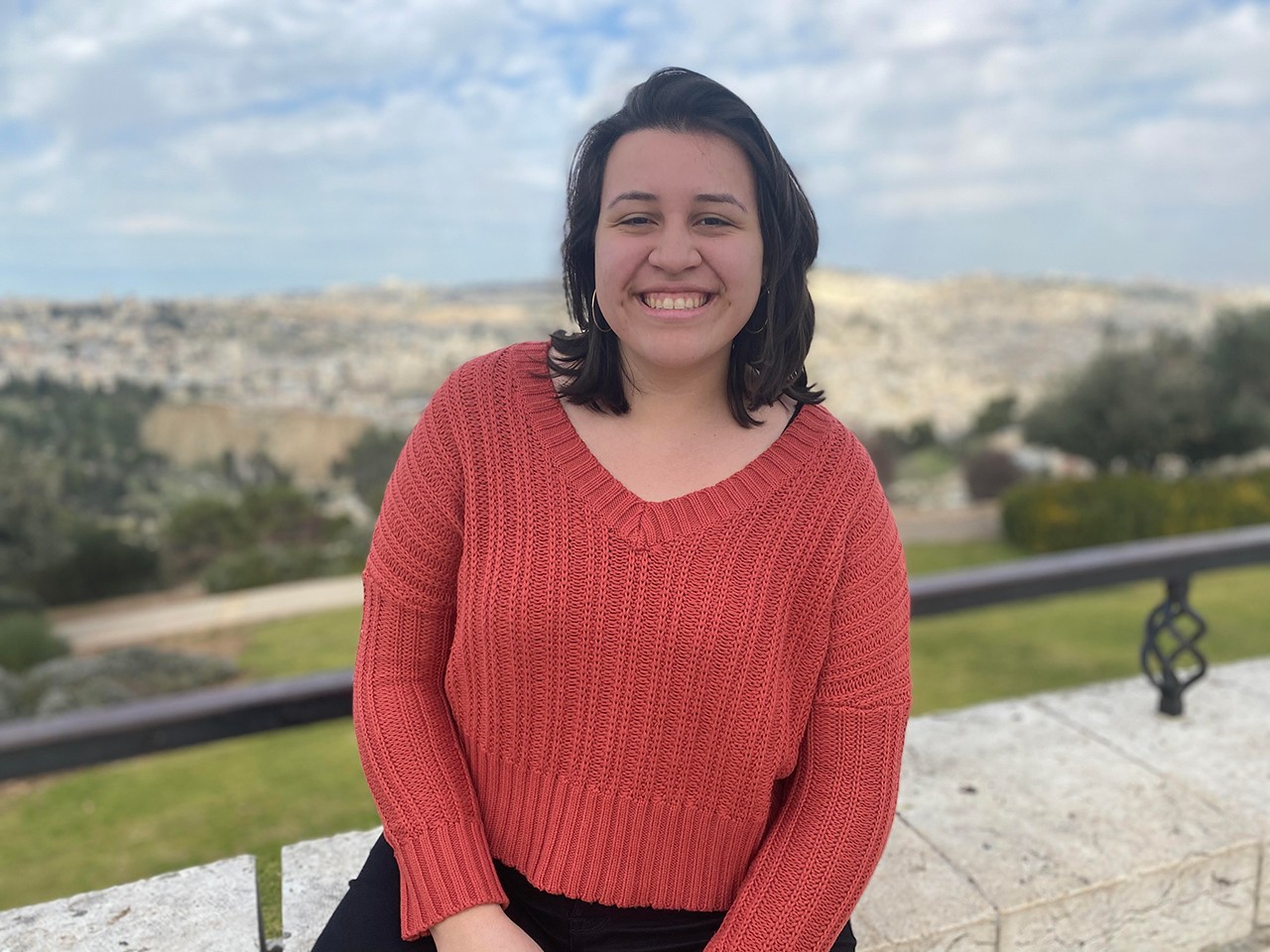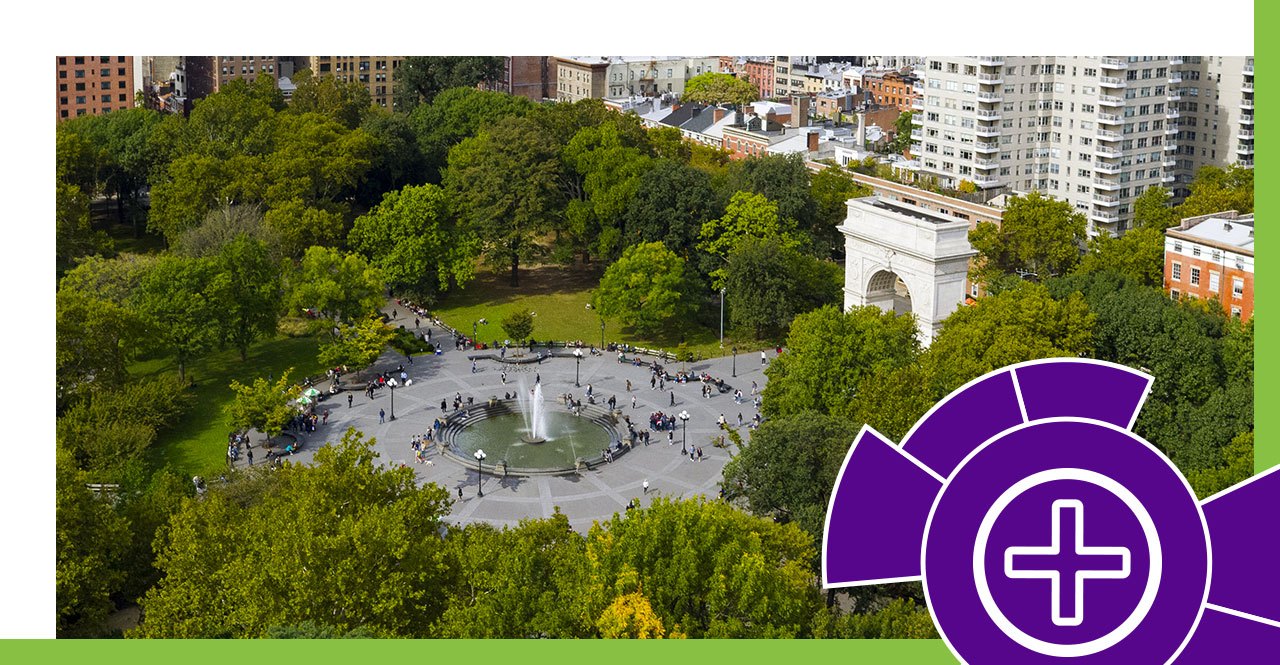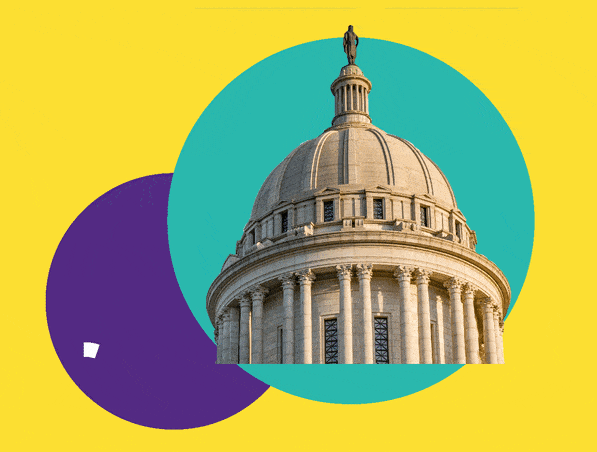
What makes an NYU student? The drive to understand how large and complex the world is, combined with the desire to bring ideas and people together to forge meaningful connections. An NYU education equips you with the skills to think critically and engage with the world on many fronts. This means that you will find the tools here to be successful in whatever future career you choose—and many that you may not have yet imagined. This is also why prelaw at NYU is not a major.
Instead, the Chesler Prelaw Program provides the freedom to major in whatever you want. The result: you can bring all of your interests together while getting the support and guidance you need to stay on track for law school.
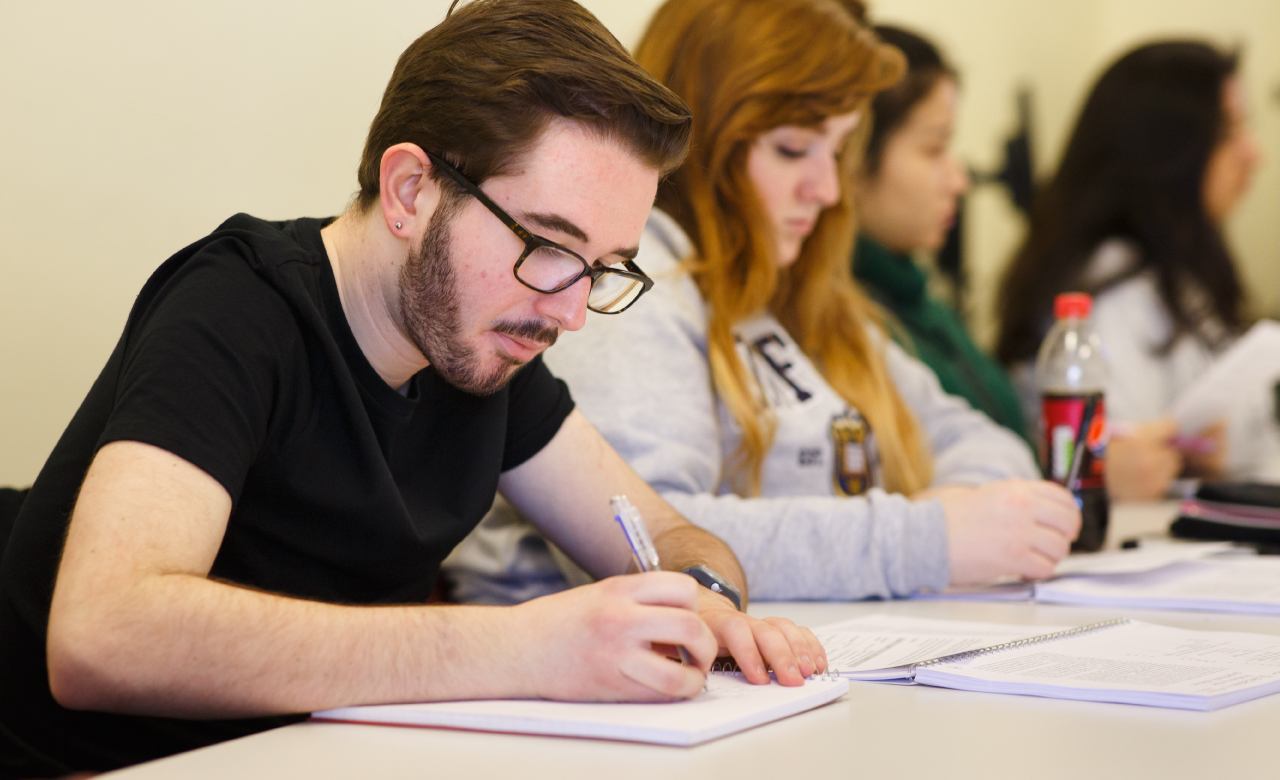
The Many Paths to Prelaw
Law schools—and the legal field—need people from every imaginable discipline and background. For this reason, there are no set-in-stone requirements for being prelaw at NYU. “Instead, it is a student’s self-identification of their own goal,” says Alexandra Garcia. She is an academic and preprofessional adviser specializing in prelaw. “Every student’s journey is different. This is part of the beauty of prelaw, in my opinion, and what helps contribute to an intellectually diverse law school classroom.”
And the prelaw program, along with Garcia and her colleagues, guides students toward a challenging and well-balanced course load. It also offers resources for exploring legal careers and LSAT and application guidance workshops. What’s more, it connects students to scholarship and internship opportunities.
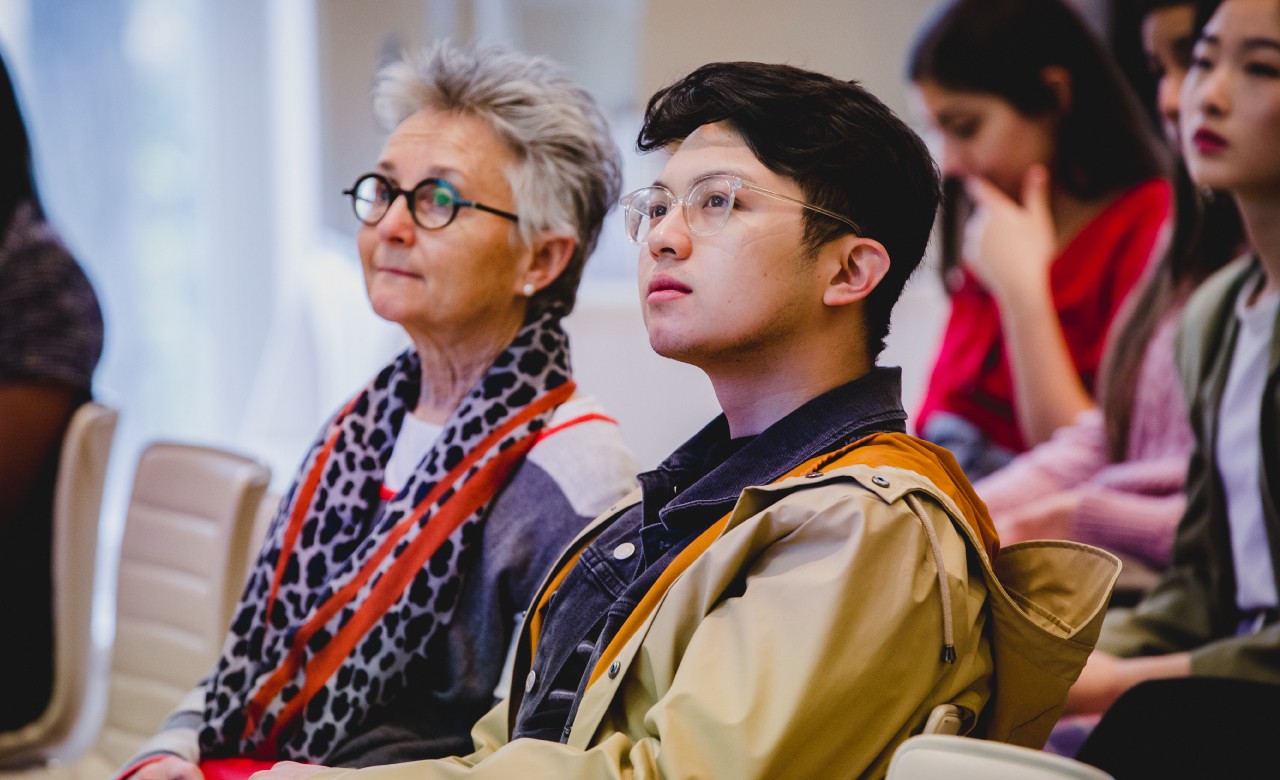
Who Can Be Prelaw?
A Humanities Student with an Analytical Mind
Two skills that lawyers rely on daily are written communication and logical analysis. This means that building a strong foundation in both is essential. Anastasia Foley, a senior at the College of Arts and Science, had not considered prelaw when she started at NYU. “I came to college knowing that I wanted to work in the humanities,” she says. “English and American literature were my first interests. Then I found economics along the way.”
Progressing through NYU’s core curriculum, she realized that her interests were in reading and writing as well as research and analysis. “That is when I started to consider law school,” she says. Now, she is in the English honors program and completing a second major in Economics. “Law, whether it’s working with clients, the government, or in the public sector, is about the transfer and analysis of information.”
A Media-Loving Psychology Student
“I did not come to college knowing I wanted to study law. I was actually prehealth when I first started at NYU,” says Ibitayo “Tayo” Awoyinfa. “It wasn’t until my sophomore year that I started thinking about law school.” She recently graduated from the College of Arts and Science (CAS). There, she majored in Psychology and completed a minor in Social and Cultural Analysis. Additionally, she did a second minor in Business of Entertainment, Media, and Technology (BEMT) at Stern. And she did it all while being prelaw at NYU.
Where is she now? She just completed her first year at Harvard Law School. “I have a diverse set of interests, and that was definitely reflected in my time at NYU. By the time I finished my undergraduate studies, I had taken courses in CAS, Stern, Tisch, and Steinhardt.” Tayo has always been interested in the human mind and decision-making processes, which is how she chose her major. “Psychology is helpful for someone going into the legal field. The goal of psychology is to understand human behavior, while the legal field attempts to regulate that behavior.” Additionally, BEMT merged her interest in media with her interest in law. And through her Social and Cultural Analysis minor, she examined how laws can shape a better and more just world.
A Social Justice–Oriented Culture Lover
“I knew I wanted a career that would serve the public,” says Carolyn Vaca. “Especially those who tend to be silenced or underrepresented like queer communities and communities of color.” She chose NYU Global Liberal Studies (GLS) in order to study different cultures in a global context. And she sees prelaw at NYU as a natural extension of her interests. “I realized that studying law would open doors to more service-oriented career paths than I could have ever imagined,” she says. And because there is no set prelaw curriculum, she is charting her own course.
“GLS allows me to think on a philosophical level about different communities,” she elaborates. “And my concentration in law, ethics, history, and religion is fascinating and will prepare me for a future in law.” Carolyn is Colombian and also part of the queer community. At NYU, she is gaining the academic experience through which she can work on behalf of these two groups by completing a second major in Social and Cultural Analysis, with concentrations in Latino studies and gender and sexuality studies. “Many courses actually overlap between my concentrations,” she explains. “The decision to dive deeper into both communities is one I am very thankful I made.” With such a deep foundation of knowledge, Carolyn is prepared for many careers. Ultimately, she hopes to be an attorney for LGBTQ+ asylum seekers and refugees.
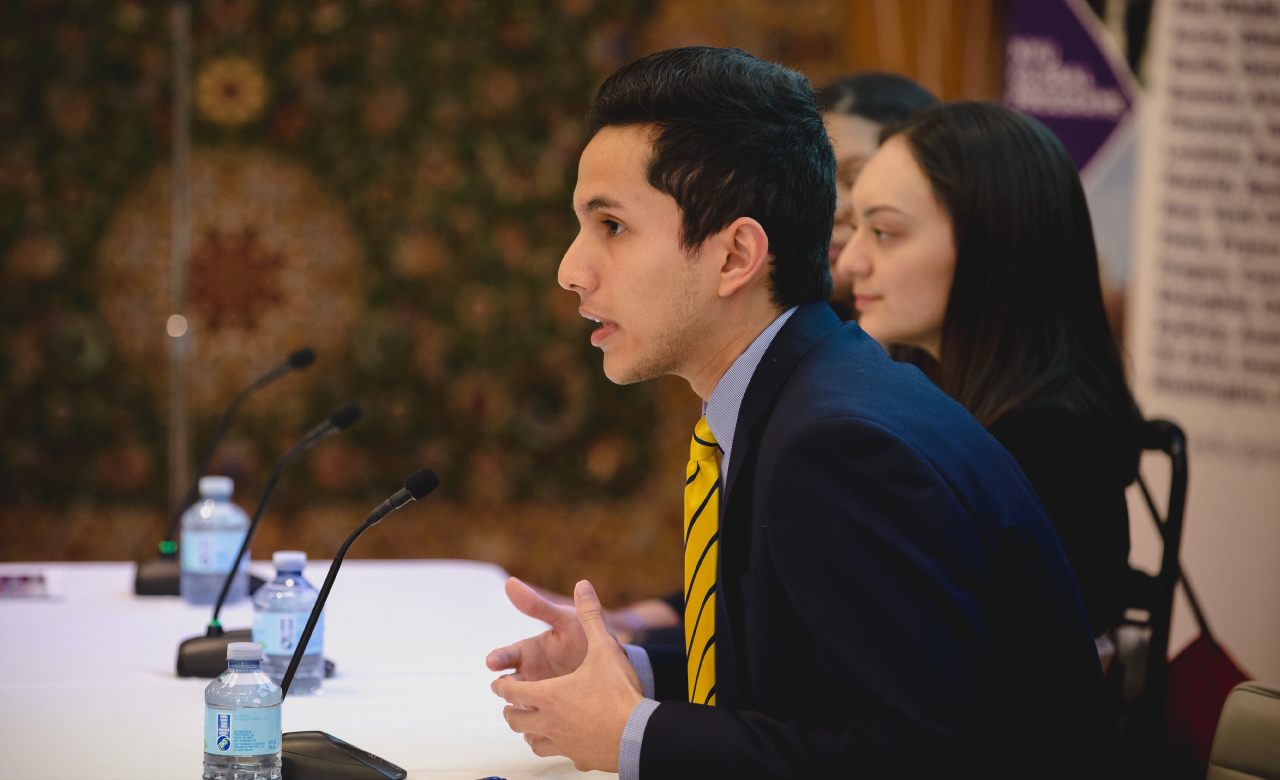
How to Test the Waters
“If you are unsure if law school is right for you, think about what you value in a career,” advises Garcia. “What kind of skills do you hope to use? What do you hope your impact will be?” Luckily, at NYU, there are many ways to experience the field and see if it feels right to you.
- The Lawyer Alumni Mentoring Program (LAMP) matches students with NYU alumni, who are practicing lawyers, for one-on-one mentorship. Additionally, they host events all year.
- The Law and Society Minor offers an integrated approach to the law and legal issues through a social sciences lens.
- Widely available at NYU, law-oriented courses can help you decide if the legal field is compelling to you.
- If you want to know what law school is like, you can sit in on a class at the NYU School of Law. And NYU undergraduates can even act as witnesses and jurors in the school’s trial advocacy seminars.
- You can find countless internship opportunities in courts, government agencies, nonprofit organizations, legal public interest agencies, and law firms. Through on-the-job experience, you’ll learn about daily responsibilities and become a more competitive law school applicant.
- Extracurriculars, like Mock Trial, Model United Nations, the Undergraduate Law Review, and undergraduate law societies, can all be sources of experience and exploration.
